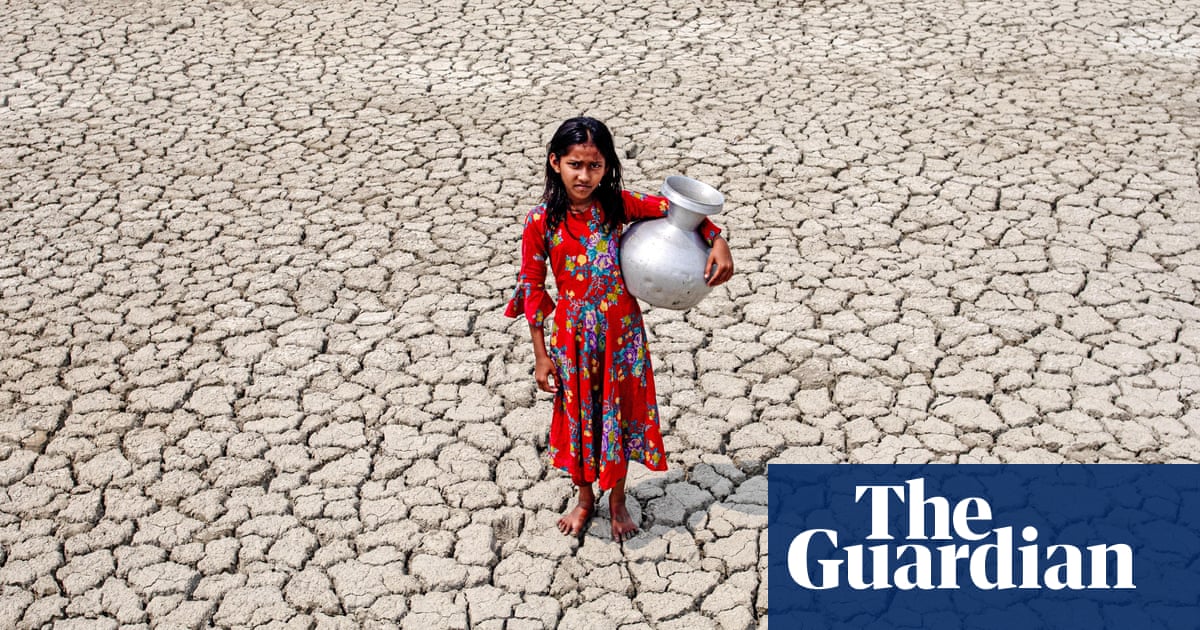The article addresses the critical intersection of climate change and national security, emphasizing the urgent need for strategic responses from the UK government. It highlights the insights of former military leaders who stress that climate-related issues, particularly mass population displacement due to extreme weather, pose significant threats to national stability. This analysis delves into various facets of the article to uncover its implications and underlying motivations.
Strategic Importance of Climate Change
The text asserts that climate change is not merely an environmental issue but a pressing national security concern. It points to the potential for mass displacement of populations in regions surrounding Europe, which could lead to increased migration and conflict. The mention of Russia leveraging these crises to undermine European democracies adds a geopolitical dimension, suggesting that climate issues can be weaponized for political gain.
Proposed Solutions and National Security
The article advocates for regenerative farming as a practical solution to address the dual challenges of food security and climate resilience. This approach not only aims to enhance food production in vulnerable communities but also to mitigate climate change by improving soil health. The emphasis on international aid to support such initiatives reflects a proactive stance that aligns with national security interests.
Public Perception and Political Messaging
By framing climate change within the context of national security, the article seeks to foster a sense of urgency among the public and policymakers. It attempts to galvanize support for climate action by connecting it directly to the stability and security of the nation. This strategic framing can rally various stakeholders, especially those concerned about security and stability.
Potential Concealments and Agendas
While the article presents a compelling argument for climate action, it may also obscure broader systemic issues, such as the need for comprehensive policy reforms that address the root causes of climate change and migration. The focus on immediate threats might divert attention from long-term solutions that require structural changes in economic and social policies.
Manipulative Elements and Reliability
The language used in the article is designed to elicit an emotional response, emphasizing the urgency of the situation. This could be interpreted as manipulative, particularly if it serves to simplify complex issues into digestible narratives that prioritize immediate action over nuanced discussions. However, the reliance on credible sources, such as military leaders, lends a degree of reliability to the claims made.
Possible Societal and Economic Impacts
The framing of climate change as a national security issue could lead to increased funding and resources allocated toward climate initiatives. This may positively influence sectors like renewable energy, sustainable agriculture, and disaster preparedness. Conversely, failure to address these challenges effectively could exacerbate social tensions and economic disparities.
Support from Specific Communities
The article is likely to resonate with communities that prioritize environmental sustainability and national security, such as progressive activists, environmental organizations, and some segments of the military and security sectors. It may also appeal to the general public concerned about the implications of climate change on their lives and communities.
Global Market Implications
The emphasis on climate change and food security could impact global markets, particularly in sectors related to agriculture, renewable energy, and international aid. Stocks in companies focusing on sustainable practices could benefit from the increased attention to these issues.
Geopolitical Context
This discussion fits into a broader narrative about global power dynamics, especially as nations grapple with the implications of climate change on migration and security. It reflects current trends in international relations, where environmental factors increasingly influence geopolitical strategies.
Artificial Intelligence in News Writing
While it's unclear if AI was used in crafting the article, the structured presentation and strategic framing could suggest AI assistance, particularly in generating persuasive narratives. However, the content appears genuine and reflective of human insight, focusing on pressing societal issues.
The reliability of the article hinges on its use of credible sources and its focus on significant issues, despite some potential manipulation in its language and framing. By connecting climate change with national security, the article underscores the urgent need for action while also promoting a specific agenda.
